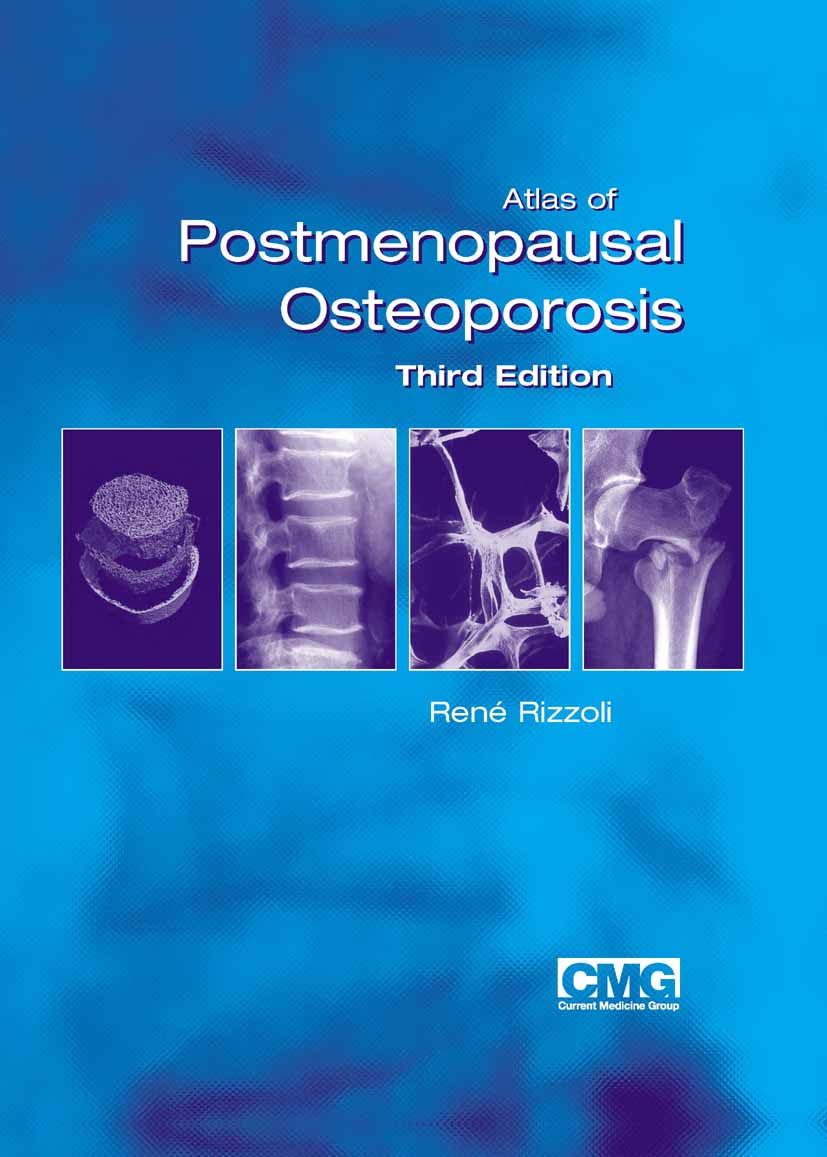Atlas of Postmenopausal Osteoporosis
Third Edition
| Auflage | 3. Auflage, 2011 |
| Verlag | Springer-Verlag |
| ISBN | 9781907673283 |
Produktbeschreibung
René Rizzoli is an internist and endocrinologist, with a subspecialty focus on metabolic bone diseases, osteoporosis and disorders of mineral metabolism. He is Professor of Medicine at the University Hospital of Geneva, Geneva, Switzerland and Head of the Division of Bone Diseases of the Department of Rehabilitation and Geriatrics. He is also chairman of this department. The Division of Bone Diseases is a World Health Organization (WHO) collaborating center for osteoporosis prevention. Professor Rizzoli is a member of the Executive Committee of the International Osteoporosis Foundation (IOF), and is the chairman of the Scientific Advisory Board of the European Society for Clinical and Economical Aspects of Osteoporosis and Osteoarthritis. He has also been chairman of the Committee of Scientific Advisors of the IOF, a position which he held for two mandates, and is a former president of the Swiss Association against Osteoporosis. He has chaired the scientific program committee of three consecutive IOF World Congresses on Osteoporosis. Professor Rizzoli is the Editor of the journal Bone and Associate Editor of Osteoporosis International, and has authored more than 550 articles and book chapters. He is involved in both basic and clinical research projects investigating hormone action, regulation of bone growth, mineral homeostasis, pathophysiology of osteoporosis and the role of nutrition, calcium, bisphosphonates, selective estrogen modulators (SERMs) and strontium ranelate in the prevention and treatment of osteoporosis.

